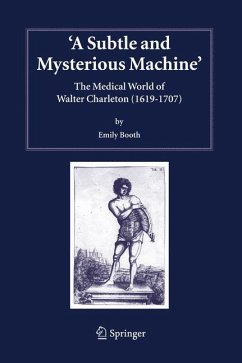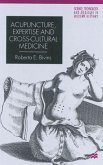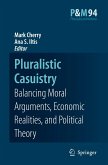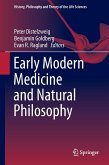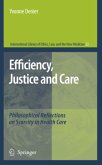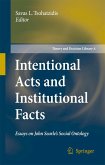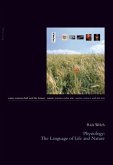Walter Charleton is an intriguing character-he flits through the diaries of Pepys and Evelyn, the correspondence of Margaret Cavendish, and his texts appear in the libraries of better-known contemporaries. We catch sight of him 1 conversing with Pepys about teeth, arguing with Inigo Jones about the origin of 2 Stonehenge, being lampooned in contemporary satire, stealing from the Royal Society, and embarrassing himself in anatomical procedures. While extremely active in a broad range of Royal Society investigations, his main discovery there seems to have been that tadpoles turned into frogs. As a practising physician of limited means, Walter Charleton was reliant for his living upon patrons and his medical practice-in addition he had the m- fortune to live in an era of dramatic political change, and consequently of unpredictable fortune. His achievements were known on the Continent. Despite his embarrassments in Royal Society anatomical investigation he was offered the prestigiouschair of anatomy at the University of Padua. He turned down this extraordinary opportunity, only to die destitute in his native country a couple of decades later. The lugubrious doctor is without doubt an enigma. Charleton's Anglicanism and staunch Royalism were unwavering throughout his career. The latter caused difficulties for him when he attempted to gain membership of the College of Physicians during the interregnum. His religious views were a source of concern when he was offered the position at Padua.
Bitte wählen Sie Ihr Anliegen aus.
Rechnungen
Retourenschein anfordern
Bestellstatus
Storno

